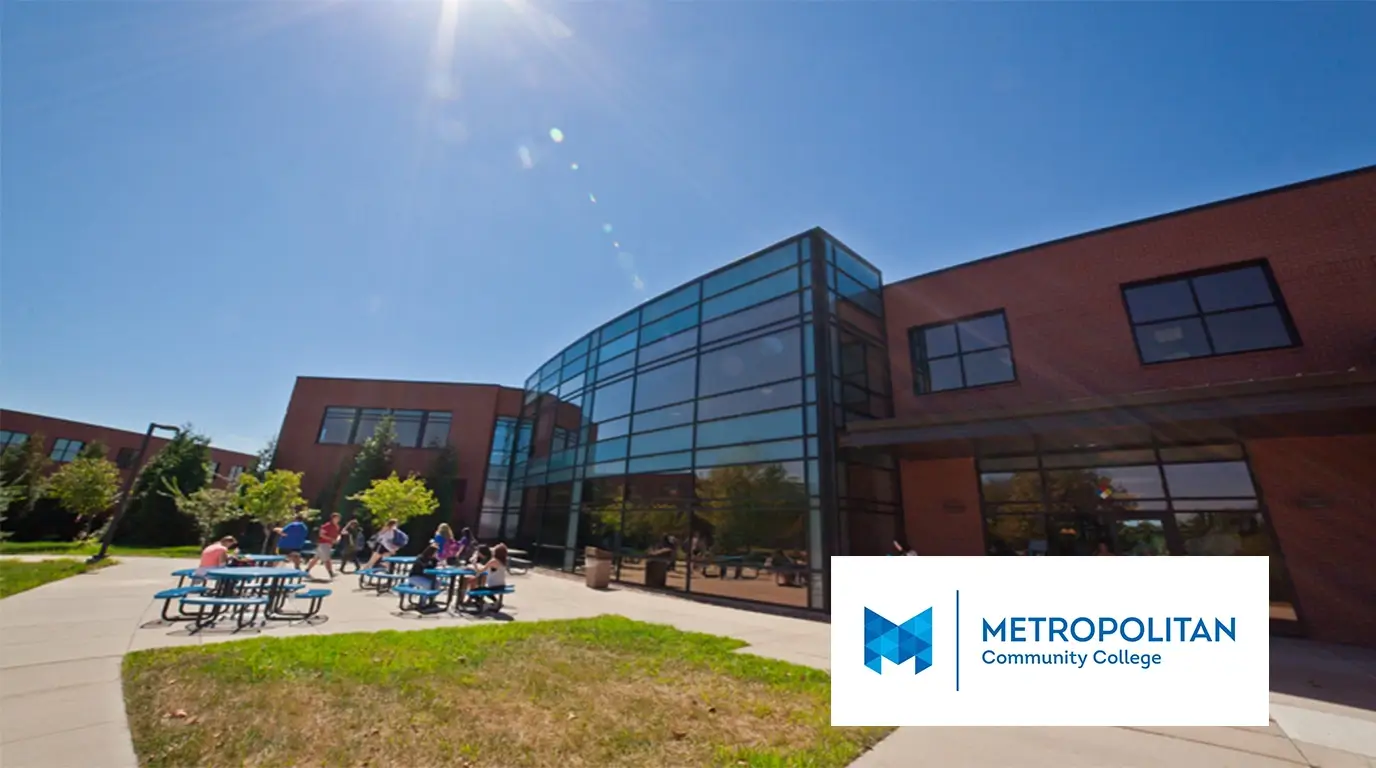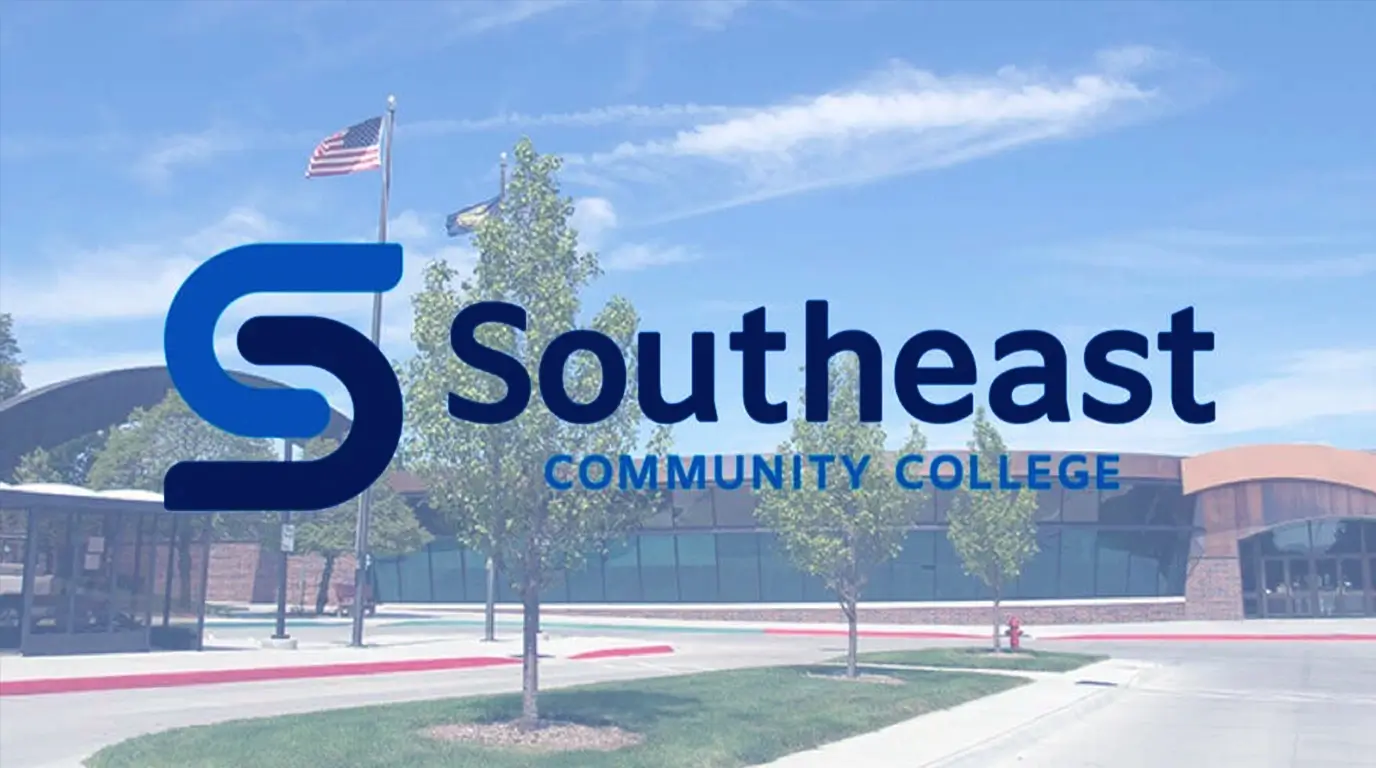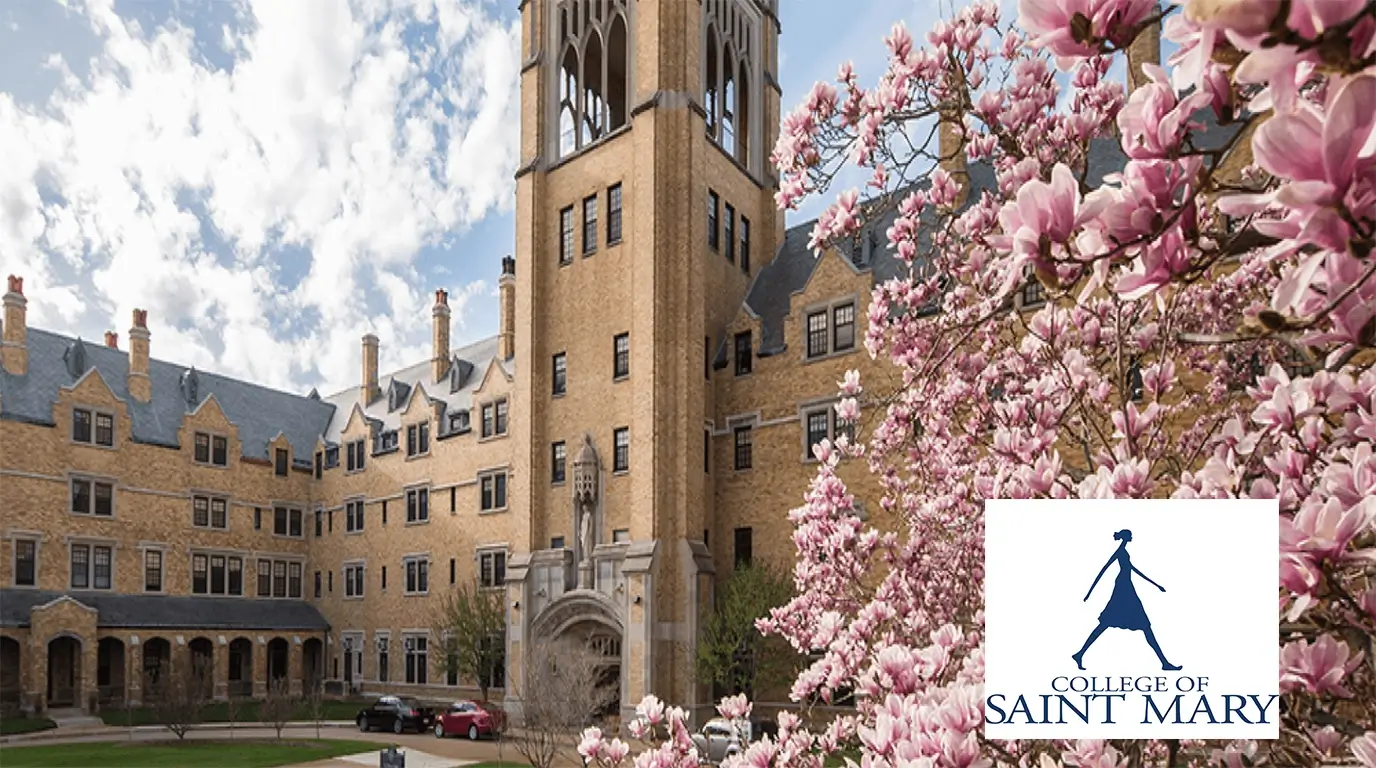Becoming a Paralegal in Washington – Your State-Specific Guide
Washington State employs over 7,000 paralegals, and the field’s growing faster than the national average—pretty compelling, right? If you’re itching to kick off a legal career in Washington without the marathon of law school, becoming a paralegal in Washington might just be your sweet spot. I’ve been around this block—worked as a paralegal, helped folks carve their paths, and tweaked career sites to get people hired. Washington’s legal landscape is a wild mix, from Seattle’s tech giants to Spokane’s small-town firms, and paralegals are the glue holding it together. This guide’s got all the Evergreen State details you need to dive in.
Paralegals here aren’t just fetching coffee—they’re drafting docs, digging into research, and sometimes even filing court papers solo in certain counties. Whether you’re eyeing law firm jobs in Washington or a gig with a corporate player like Amazon, I’ve got the insider scoop to share. Let’s take it slow, unpack it step-by-step, and get you rolling with some real-world advice.
Paralegal Definition and Regulation in Washington
So, what’s a paralegal in Washington? The state’s got a loose definition via the Washington State Bar Association (WSBA): a paralegal’s someone with the education, training, or experience to tackle “substantive legal work” under an attorney’s watch. Curious about the nitty-gritty of what a “paralegal” does? It’s about being the attorney’s backbone—handling the meaty stuff while they steer the ship.
Regulations? Washington keeps it light. There’s no state-mandated license or certification to become a paralegal in Washington. No official badge from the WSBA either—though they used to have a Limited License Legal Technician (LLLT) program for some independent work, it’s been phased out since 2022. Still, you’re not off the hook entirely. Working under an attorney means sticking to their ethical playbook—keeping client secrets locked tight and not crossing into lawyer-only territory like giving legal advice. Plus, in counties like King and Pierce, paralegals can file time-sensitive court docs solo, which is a cool perk not every state offers.
- Key Takeaway: No strict state regs for paralegals in Washington—just ethical oversight from your supervising attorney.
Education Requirements and Recommended Programs in Washington
Let’s talk about hitting the books. Does Washington require a specific degree to become a paralegal? Nope, not by law. But here’s the real talk: most employers—especially in Seattle or Tacoma—want some kind of education on your resume. You might sneak into a gig with just experience, but that’s like finding a dry day in Seattle—rare. An associate’s, bachelor’s, or certificate in paralegal studies is what’ll get you noticed as a paralegal in Washington.
The American Bar Association stamps some programs with approval, and those ABA-approved programs are a big deal with hiring folks. They show you’ve got the skills—legal research, writing, ethics—that’ll carry you through the daily grind.
Recommended Paralegal Education Programs in Washington
Here’s a handful of paralegal education programs in Washington I’d nudge you toward:
- Edmonds College – ABA-approved Associate of Applied Science in Paralegal Studies. Just north of Seattle, with hands-on training and internship options.
- Tacoma Community College – ABA-approved Associate in Applied Science in Paralegal Studies. Tacoma-based, with a practical focus and hybrid learning.
- Highline College – ABA-approved Associate of Applied Science in Paralegal Studies. Des Moines, near Seattle, with online flexibility.
- University of Washington – Certificate in Paralegal Studies. Seattle-based, not ABA-approved but respected, with 11- or 17-month tracks.
Online Paralegal Programs for Washington Residents
Too tied up for campus? Online’s your ace. Highline and Tacoma offer virtual options, and national programs like the University of Washington’s certificate work for Washington folks too. It’s all about fitting legal assistant training in Washington into your life—whether you’re in Olympia or out in the sticks.
- Key Takeaways:
- No legal education requirement, but employers expect it.
- Associate’s, bachelor’s, or certificates are your main paths.
- ABA-approved programs give you an edge.
Paralegal Certification and Credentials in Washington
Certification’s a hot topic. Is it mandatory in Washington? Nope, not a state requirement. There’s no Washington-specific paralegal certification program—LLLT was the closest thing, but it’s history now. It’s all voluntary if you want to go the extra mile.
Nationally Recognized Certifications Relevant in Washington
What counts are the national big shots: NALA’s Certified Paralegal (CP) from NALA and the NFPA’s CORE Registered Paralegal (CRP). The CP’s a beast of an exam—legal research, ethics, the works—but passing it says you’re legit. The CRP’s another solid pick, testing your core skills. Both are optional, but they shine in Washington’s job market.
Benefits of Certification in Washington
Why bother? When I was hiring, a CP on a resume screamed dedication—someone ready to roll. It can nudge your average paralegal salary in Washington up and open doors to better gigs—like tech law in Seattle or litigation in Spokane. Plus, it’s a confidence booster, knowing you’ve got a credential to back you up.
- Key Takeaways:
- No state-required certification in Washington.
- National creds like NALA CP or NFPA CRP stand out.
- Certification boosts pay and credibility.
Paralegal Associations in Washington
Networking’s a game-changer, and Washington’s got some great groups to join. Getting into a paralegal association isn’t just for show—it’s how you find mentors, job tips, and stay sharp.
State-Level Paralegal Associations in Washington
- Washington State Paralegal Association (WSPA) – The statewide hub since 1975. CLE, job boards, and nine chapters across the state.
- South King County Paralegal Association – Local focus for the Seattle-Tacoma crowd, with events and education.
Benefits of Joining a Paralegal Association in Washington
These groups are gold—think networking events where you might chat up someone hiring for law firm jobs in Washington. My first paralegal gig came from a WSPA meetup—true story. They also offer continuing legal education (CLE) to keep your skills fresh and your resume popping.
- Key Takeaways:
- WSPA and local groups like SKCPA are your top picks.
- Networking and CLE can kick your career into gear.
Job Market Outlook and Salary for Paralegals in Washington
Now, the juicy part: jobs and cash. The paralegal career outlook in Washington is strong—faster growth than the national average, thanks to a booming legal scene.
Current Job Market for Paralegals in Washington
The Bureau of Labor Statistics pegged 7,960 paralegals in Washington in 2023, mostly in Seattle, Tacoma, and Spokane. Big firms like Perkins Coie in Seattle soak up talent, but don’t sleep on government roles—like the Washington AG’s Office—or smaller practices in Bellingham. Check out the job market for paralegals for a broader take.
Average Paralegal Salary in Washington
BLS says the average paralegal salary in Washington was $75,560 in 2023—about $36 an hour. Seattle’s higher, around $80,000, while rural spots like Yakima dip to $55,000-ish. Experience, education (that CP helps!), and specialties—like corporate law or environmental law—can push you past the average. Dig into more on paralegal salaries.
Job Growth Projections for Paralegals in Washington
Projections Central estimates a 10.3% job growth for paralegals in Washington through 2032—above the national 4.2%. That’s about 800 openings a year, counting replacements. With tech giants and legal hubs driving demand, it’s a solid bet.
- Key Takeaways:
- Strong job market, biggest in Seattle and Tacoma.
- Average salary: $75,560, with room to climb.
- Growth at 10.3%—bright future ahead.
Key Takeaways: Steps to Becoming a Paralegal in Washington
Ready to jump in? Here’s your quick-start plan:
- Research paralegal programs in Washington—Edmonds or Highline are good bets.
- Pick your path: associate’s, bachelor’s, or certificate.
- Eye ABA-approved programs for extra cred.
- Check out certs like NALA’s CP or NFPA’s CRP.
- Join WSPA or SKCPA to network and grow.
- Start hunting for jobs in Washington’s legal scene.




